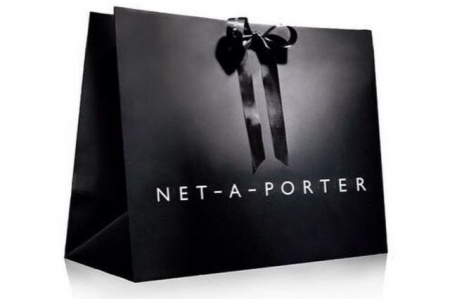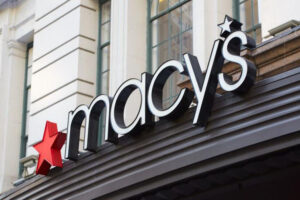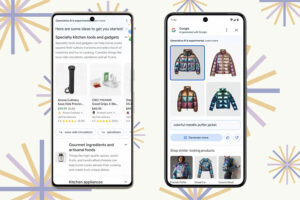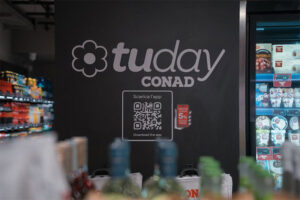Yoox-Net-a Porter strategies in Middle East’s luxury market
The Dubai Mall claims to be the most visited destination in the world. It reported some 80 million visitors in 2014, which it says made it more heavily trafficked than Times Square in New York, or the Eiffel Tower in Paris. Whether it’s number one or not, it is reportedly the world’s most visited mall, and in 2013 it accounted for a whopping 50% of all luxury goods sold in Dubai, the Middle East’s top city for luxury spending.
Mohammed Alabbar, the founder of the group behind the mall, is joining forces with Yoox-Net-a-Porter, the recently formed luxury giant that is the world’s largest online fashion store. His company, Alabbar Enterprises, will pay €100 million ($113.8 million) in exchange for 4% of Yoox Net-a-Porter’s outstanding shares—or 2.7% of its total issued shares—the group announced today (April 19).
Yoox Net-a-Porter will rely on Alabbar to help it develop in the “promising yet complex Middle Eastern luxury e-commerce market.” Alabbar has dealings in fashion and retail businesses in other parts of the Middle East, as well as Africa and Southeast Asia. He’s also the founder of RSH, a Singapore-based distributor and retailer with a large network of shops across Asia and the Middle East.
For Yoox Net-a-Porter and other luxury retailers, the Middle East offers an enticing opportunity. It accounts for 5% of global luxury buying, according to a Yoox Net-a-Porter calculation based on data from research firm Euromonitor. Its growth has slowed recently, reflecting a slowdown in tourism spending and a broader slump in the luxury market. But the domestic market remains strong, and that’s what Yoox Net-a-Porter hopes to tap.
“We are not seeing any deceleration in demand,” Federico Marchetti, CEO of Yoox Net-a-Porter, said in a call, according to the New York Times. “We have big plans for the region.”
Iran in particular is largely untouched, and with economic sanctions by the US and EU now lifted, fashion companies are eyeing it as a place to expand. Many believe that Iranians will embrace foreign luxury brands as soon as they have the chance.
Marchetti said part of the new capital will fund more locally targeted websites, especially in the Middle East, where neither Yoox nor Net-a-Porter currently has an Arabic-language presence.




